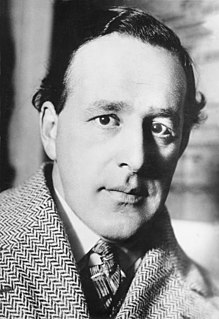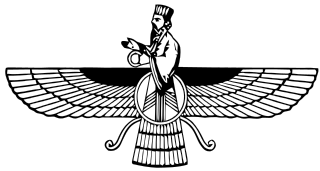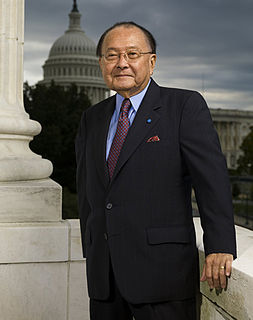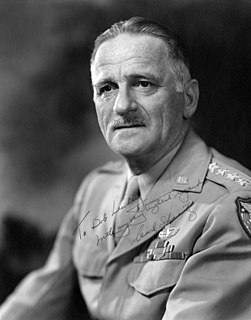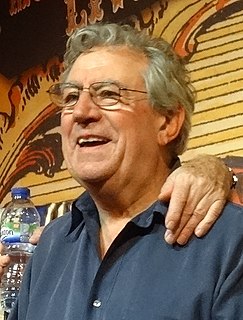A Quote by Omar N. Bradley
Airpower has become predominant, both as a deterrent to war, and-in the eventuality of war-as the devastating force to destroy an enemy's potential and fatally undermine his will to wage war.
Related Quotes
We are organising our enemies into a formidable force, we are The US public has turned against the war, the Republicans and Democrats have turned against the war. And so when the American public turns against the war and the Congress turns against the war, it suggests that Americans feel we cannot win that war in those conditions. So the Iraqi Commission says, "Well, we can't win this war militarily, we need to reassess potential allies." There's Syria, there's Iran.
The World War I, I'm a child of World War I. And I really know about the children of war. Because both my parents were both badly damaged by the war. My father, physically, and both mentally and emotionally. So, I know exactly what it's like to be brought up in an atmosphere of a continual harping on the war.
Revolutionary war is an antitoxin that not only eliminates the enemy's poison but also purges us of our own filth. Every just, revolutionary war is endowed with tremendous power and can transform many things or clear the way for their transformation. The Sino-Japanese war will transform both China and Japan; provided China perseveres in the War of Resistance and in the united front, the old Japan will surely be transformed into a new Japan and the old China into a new China, and people and everything else in both China and Japan will be transformed during and after the war.
Today, we have a powerful military that serves as a deterrent, but the enemy we have today is not like World War II, where you sign a piece of paper and the war is over. Today they're not in uniform. In my time we knew what the enemy looked like, we knew his weapons systems and such. Today, your cab driver may be the person, you have no idea. I don't know how we got into this fix, but we're there.
In our victory over Japan, airpower was unquestionably decisive. That the planned invasion of the Japanese Home islands was unnecessary is clear evidence that airpower has evolved into a force in war co-equal with land and sea power, decisive in its own right and worthy of the faith of its prophets.



